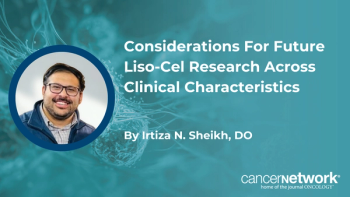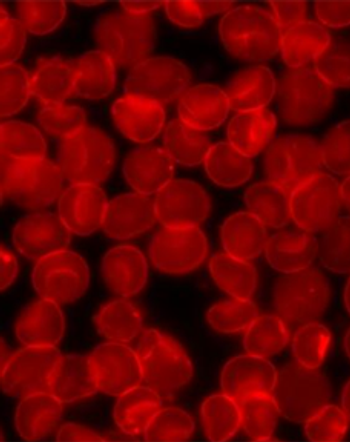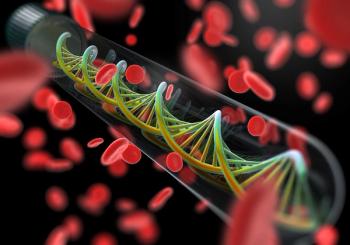
FDA Approves Siltuximab for Castleman Disease
The FDA has approved siltuximab (Sylvant) for the treatment of multicentric Castleman disease, a disorder of the lymph nodes that is similar to lymphoma and often treated with chemotherapy and radiation.
The FDA has approved siltuximab (Sylvant) for the treatment of multicentric Castleman disease (MCD), a disorder of the lymph nodes that is similar to lymphoma and often treated with chemotherapy and radiation.
The drug, a chimeric monoclonal antibody against human IL-6, is intended for MCD patients who are HIV-negative and who do not have the human herpes virus 8 (HHV-8).
MCD is considered a lymphoproliferative disorder. Though not technically a cancer, MCD acts very much like lymphoma, and in many patients eventually develops into lymphoma.
“Sylvant is the first FDA-approved drug to treat patients with MCD,” said Richard Pazdur, MD, director of the Office of Hematology and Oncology Products in the FDA’s Center for Drug Evaluation and Research, in a
The trial that led to the approval of siltuximab was a phase II study of 79 MCD patients who were HIV and HHV-8 negative. Data from the trial was
More than one-third of patients assigned to siltuximab had both a durable tumor and symptomatic response (the primary endpoint of the trial) compared with no patients assigned to placebo (34% vs 0%; P = .0012).
Fifty-seven percent of patients in the siltuximab arm achieved durable symptomatic response; 25% of whom achieved complete symptom resolution for a median of 1.3 years. Only 19% of patients in the placebo arm had durable symptom response (P = .0018).
Common adverse events among trial participants were similar between the two arms and included pruritis, upper respiratory tract infection, increased levels of uric acid in the blood, weight gain, and rash.
Some of the information in this article was originally reported by Leah Lawrence.
Newsletter
Stay up to date on recent advances in the multidisciplinary approach to cancer.





































